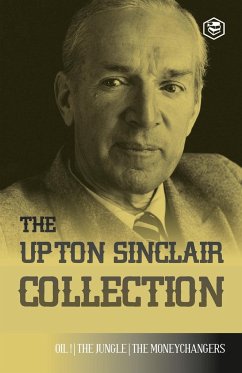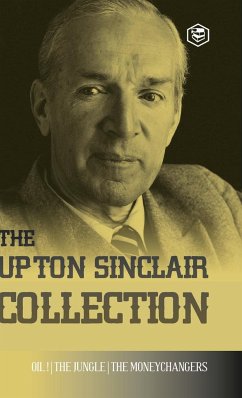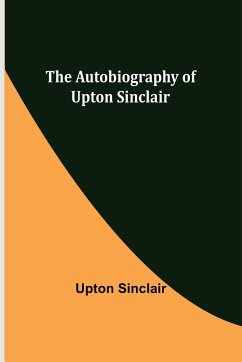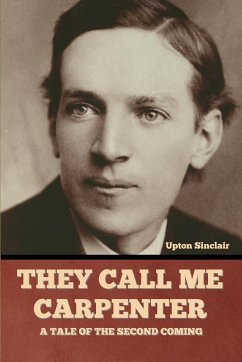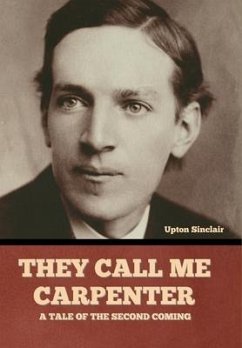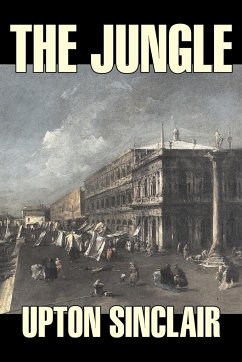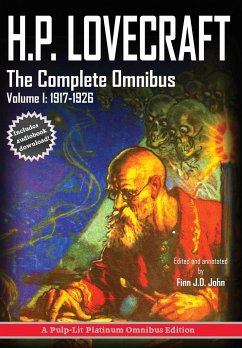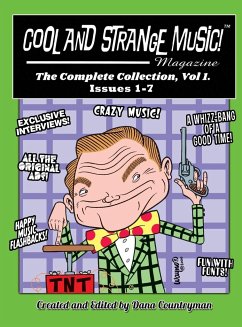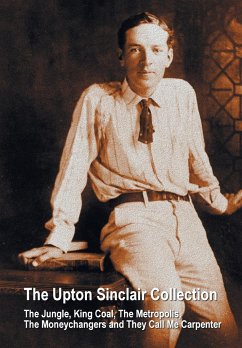
The Upton Sinclair Collection, including (complete and unabridged) The Jungle, King Coal, The Metropolis, The Moneychangers and They Call Me Carpenter

PAYBACK Punkte
34 °P sammeln!
Hold on to your hats for a ride through the injustices of 1900s America courtesy of Upton Sinclair, (1878 - 1968), an American author and commentator who wrote nearly 100 books. Not only did he write amazing stories and expose dreadful truths, he changed America for good, the public uproar resulting from his books caused Laws to be passed and greater justice was the outcome. In 'The Jungle' we meet a young Lithuanian immigrant who arrives in America, hoping to find the land of opportunity. He





